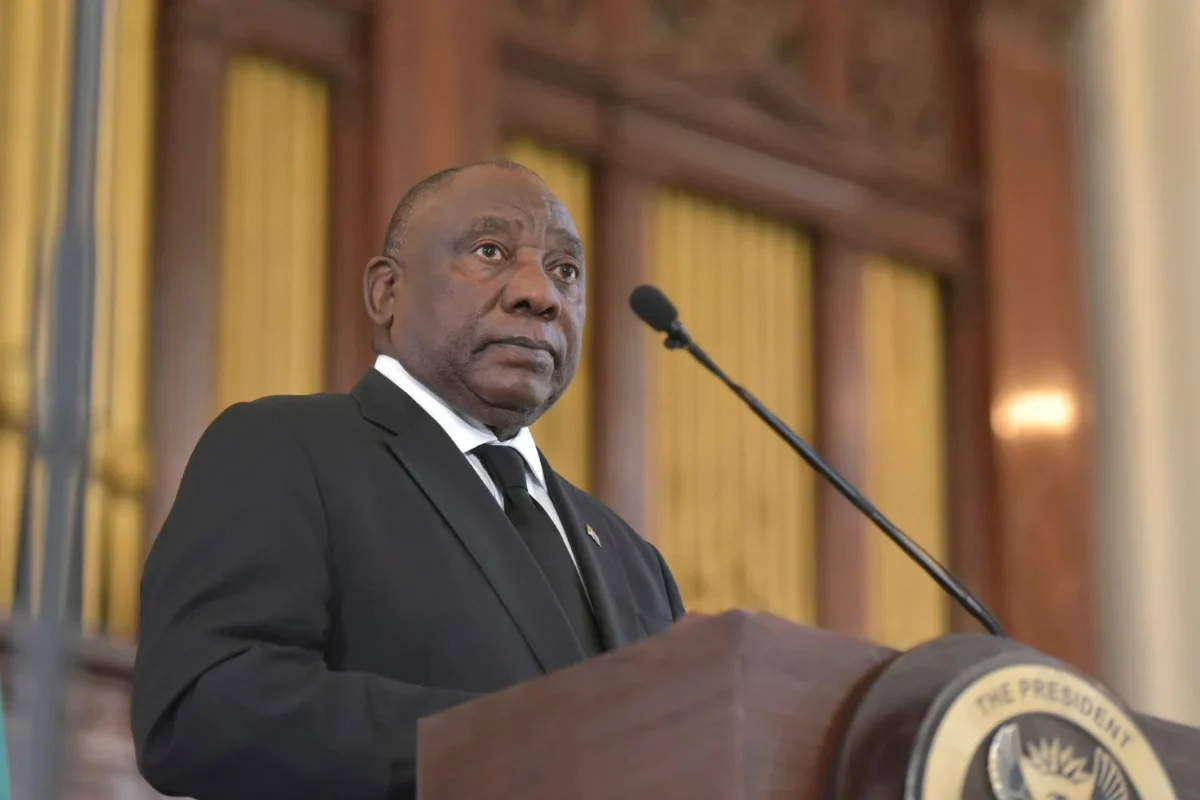Political analysts stress the need for land restitution and broad participation to ensure a meaningful and effective national dialogue.
Experts say the envisaged national dialogue must not be a top-down process, but people-driven and discuss contentious issues like land and racial polarisation.
But more importantly, said one expert, the dialogue required full commitment from various actors to find a collective solution to the country’s myriad problems.
Political analyst and scholar Dominic Maphaka from North-West University said the dialogue was necessary to unite the diverse and divided country.
National dialogue necessary to unite country
He said, as outlined by President Cyril Ramaphosa, stakeholders, including business, labour, civil society, communities, youth and people with disabilities, should form part of the dialogue to chart the way forward.
“But the dialogue will require a commitment from various actors to form part of a collective solution to the myriad problems faced by the country,” Maphaka said.
ALSO READ: Thandiswa Mazwai says she would’ve accepted invite to national dialogue had Ramaphosa sent it
He alluded to the fact that, due to the vibrant civil society, nonstate actors were often at loggerheads with government and opposing its development policies.
“Despite having divergent ideologies, it is not far-fetched that South Africans share common problems in many areas. I therefore think that ideologies should not take precedence in the dialogue; instead, stakeholders should deliberate and find common policy solutions to address common policy problems,” Maphaka said.
Ramaphosa yesterday said he would call a National Convention on 15 August, which would set the agenda for the National Dialogue.
National Convention to set agenda
A follow-up convention would be held early next year. He said the convention would be a representative gathering, bringing together government, political parties, civil society, business, labour, traditional leaders, religious leaders, cultural workers, sports organisations, women, youth and community voices.
Some experts believed people and civil society, not government and political parties, should lead the planned dialogue process, including the convention.
ALSO READ: Ramaphosa urges caution as floods claims lives in Eastern Cape
Political analyst Lesiba Teffo said the national dialogue was not supposed to be driven by the state because that was where the seeds of its failure lay.
“It was contested from inception and some of the initiators are now in the periphery. A reasonable modality would be to start in the provinces whose reports would feed into the national convention. Otherwise, you are likely to end up with another voluminous, glossy and expensive National Development Plan 0.2 Vision 2040,” Teffo said.
The need for an all-inclusive national dialogue was first proposed by former president Thabo Mbeki. Mbeki, assisted by Jacob Zuma, was the ANC’s first chief negotiator at the pre-1994 Convention for a Democratic South Africa (Codesa) talks before they were replaced by Ramaphosa and Mohammed Valli Moosa.
Need for national dialogue first proposed by Mbeki
There seemed to be a common view that dialogue should involve various roleplayers – from civil society, to state, business, trade unions and political parties.
It is understood that the struggle stalwarts’ foundations were involved in consultations to kick off the process, while Nedlac was identified to play a role as one of the facilitators due to its composite nature with business, trade unions, community and government.
ALSO READ: ‘A meaningless publicity stunt by a limping president’: EFF slams Ramaphosa’s national dialogue call
Political and heritage analyst George Tsibani, who supports the idea of a national dialogue, said such a gathering should address the question of land in its proper perspective.
He said democratic South Africa was a result of a negotiated settlement that was underpinned by Sunset Clauses that were a compromise and did not address the land question.
“If we pretend that there was no compromise, it would take the focus away from the land issue. The land redistribution and restitution must form the cornerstone of national dialogue,” Tsibani said.
Previous Codesa process failed
The previous Codesa process failed to address many issues due to the Sunset Clause that allowed for the continuation of white control of the state.
“So Codesa 2 must address the land issue in its totality, meaning there must be a deliberate restitution of land for the people who lost their land during the colonial and slavery periods,” Tsibani said.
NOW READ: Ramaphosa, Chief Justice mourn passing of Judge Temba Sangoni
